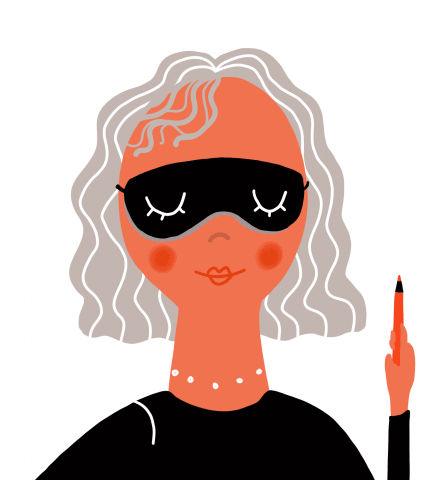
In an attempt to decrease discrimination and marking bias, Jessica Quan, outgoing vice-president academic affairs of the University of Saskatchewan Students’ Union, has been working with colleges across campus to bring attention to blind grading as an assessment practice.
The practice of blind grading can significantly decrease the amount of academic appeals made by students, as it circumvents the chance for any racial, personal or gender biases from the instructor, according to Quan. While blind grading can benefit students in many circumstances, there are exceptions depending on the class size and type that can impede this practice.
Quan notes that she is not advocating for the universal adoption of this practice, as some courses assess students based on their participation in class discussions.
“If you are [in] seminars, there [tends] to be more one-on-one [discussion] with the instructors. The instructors will know who you are, so that is kind of an instance where blind grading wouldn’t work,” Quan said. “But, if you look at a paper, for example, there’s room for bias that could play a role influencing the marker’s perceptions on … your paper or your assignment.”
Blind grading requires instructors to be unaware of students’ names and credentials while grading exams and assignments. The College of Law has mandated this practice for several years, but some instructors in other colleges have also undertaken blind grading in their courses.
Quan has already promoted this practice at the President’s Breakfast, the Deans’ Council and the Association of Constituency Presidents meetings, and she has received significant support from Nancy Turner, the director of teaching and learning enhancement at the Gwenna Moss Centre for Teaching and Learning.
Turner explains that blind grading is a necessary element of appropriate, equitable and fair assessment practices, which the GMCTL strives towards.
“We would be looking at things like how [instructors] design assessment [and] determine what type of assessment aligns most with learning outcomes,” Turner said. “Then, we also do have sessions and provide support on marking practices, so we wouldn’t necessarily be trying to direct instructors to undertake blind marking. However, it might be an option that we would present for them.”
Quan explains that blind grading should not be a daunting practice, because instructors can implement it independently, perhaps even without any financial cost.
“It’s simply a practice that can be adopted by instructors… I think the first step for the university to take is to have instructors … begin to be aware of blind grading as a practice and how they could introduce it into [lower-level] classrooms,” Quan said.
Turner explains that some instructors might be unwilling to implement this system of grading if it is less compatible with their teaching approach. However, she has mostly encountered positive responses from instructors.
“As with any kind of teaching and learning practice shift, there will be people who would be more and less receptive to it,” Turner said. “For some people, it would be something they would be really interested in pursuing, and for some, either because it’s not appropriate or because they don’t see it fitting with their particular approach, … they wouldn’t be interested in pursuing it.”
Turner notes that she will continue to work with instructors to improve assessment practices and support student learning. Meanwhile, as her term in office comes to an end, Quan hopes that the next vice-president academic affairs will continue her work on blind grading, which she believes will reduce the number of student grievances submitted for discrimination.
“Blind grading would be helpful, because it would actually prevent these types of appeals from being made in the first place,” Quan said. “Because, with students trying to appeal their mark on a paper on the grounds that their instructor is being discriminatory, if we had blind grading to begin with, … that could hopefully maybe prevent that from happening.”
—
Bidushy Sadika
Graphic: Lesia Karalash / Graphics Editor
Leave a Reply